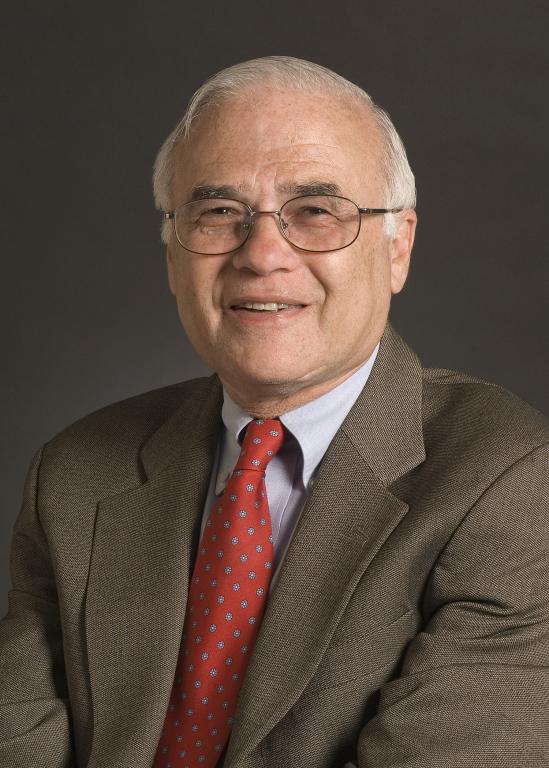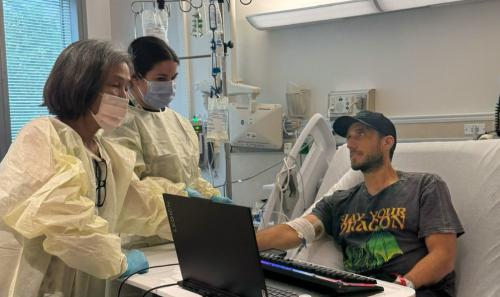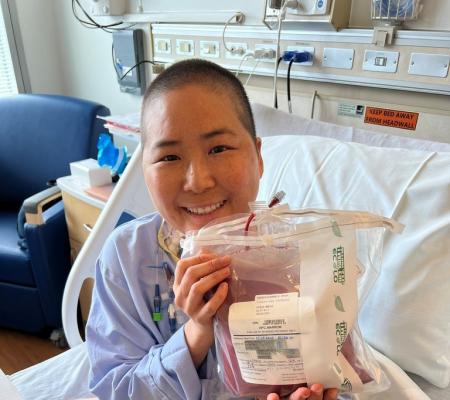
-
Understanding primary immunodeficiency (PI)

Understanding PI
The more you understand about primary immunodeficiency (PI), the better you can live with the disease or support others in your life with PI. Learn more about PI, including the various diagnoses and treatment options.
-
Living with PI
-
Addressing mental health
-
Explaining your diagnosis
- General care
- Get support
- For parents and guardians
-
Managing workplace issues
- Navigating insurance
-
Traveling safely

Living with PI
Living with primary immunodeficiency (PI) can be challenging, but you’re not alone—many people with PI lead full and active lives. With the right support and resources, you can, too.
-
Addressing mental health
-
Get involved

Get involved
Be a hero for those with PI. Change lives by promoting primary immunodeficiency (PI) awareness and taking action in your community through advocacy, donating, volunteering, or fundraising.
-
Advancing research and clinical care
-
Research Grant Program
-
Consulting immunologist
-
Diagnosing PI
-
Getting prior authorization
-
Clinician education
-
Survey research
-
Participating in clinical trials

Advancing research and clinical care
Whether you’re a clinician, researcher, or an individual with primary immunodeficiency (PI), IDF has resources to help you advance the field. Get details on surveys, grants, and clinical trials.
-
Research Grant Program

Over 40 years ago, Dr. Jerry Winkelstein was editor-in-chief of the first edition of the “Immune Deficiency Foundation Patient & Family Handbook for Primary Immunodeficiencies,” a guide designed to help patients navigate PI. He encountered tough editorial decisions such as which types of PI to include and how best to discuss genetics and family planning. Transforming the often-complicated scientific information into accessible content added further hurdles.
“[A] challenge was that the handbook should be written for patients instead of doctors and that we remember that it was to serve patients,” Winkelstein recalls, now retired.
“The first drafts of most chapters were supplied by other clinicians like genetic counselors, nutritionists, and physicians. And then I would work with the first draft that they sent to me and edit it as needed so that it would fulfill the goal of being something that patients could benefit from and learn and understand.”
Director of the Pediatric Division of Allergy and Immunology at Johns Hopkins University at the time and a PI expert, Winkelstein edited five versions of the IDF Handbook and played a major role in the operation of the organization for more than a quarter century. Before he took the reins of the handbook, he assisted founder Marcia Boyle in establishing IDF as a patient advocacy organization in 1980. He remembers his personal office phone ringing two or three times a day with calls from Boyle as she worked to build IDF’s credibility.
“IDF was really Marcia’s idea. The only thing I did was offer her help, but there’s no question it was her initiative and her energy. She put in 95% of the work and I just helped her negotiate the medical community and give her some medical advice so that the organization would be founded on accurate perceptions,” said Winkelstein, who met Boyle when he treated her infant son, John, for X-linked agammaglobulinemia (XLA) in the late 1970s.
“Marcia was devoted to forming an organization to serve patients’ needs and was someone who understood that if the organization did not have a firm basis in medical practice, it would not survive and would not be accepted in the medical community, which at the time was critical to having the organization get started and have respect within places like the National Institutes of Health and other kinds of organizations.”
Winkelstein aided in recruiting clinicians for the Medical Advisory Committee (MAC) and served as its chair from 1980 to 2004. He also encouraged some of his patients’ families to join the Board of Trustees. He even connected IDF with an attorney who provided legal advice pro bono.
“My job was to remind myself and other physicians who joined as members of the Medical Advisory Committee that it was a patient organization, not a medical organization, and that was very important,” said Winkelstein.
Because of limited resources, IDF’s original goal focused on patient education, of which there was very little at that time, said Winkelstein. The organization created materials, such as the handbook, pamphlets, and fact sheets, to increase patients' basic knowledge of PI.
The organization expanded further to include symposiums associated with medical meetings to educate physicians who were allergists, clinical immunologists, pediatricians, and internists. Those symposiums expanded to patient education conferences.
Winkelstein brought invaluable experience as both a clinician and researcher. After performing his residency in pediatrics at Johns Hopkins University and serving in the Indian Health Services as the first pediatrician in rural Alaska, he returned to Hopkins to complete a fellowship in immunology. He joined the university’s faculty as a medical investigator and became director of the Johns Hopkins Pediatric Division of Allergy and Immunology.
Winkelstein trained many physicians who then went on to become accomplished researchers and clinicians themselves, including Dr. Kate Sullivan, Children’s Hospital of Philadelphia Division Chief of Allergy and Immunology, who currently serves on the IDF Board of Trustees and is the MAC chair.
Winkelstein decided to focus on immunology because, at the time, the field was fairly new and developing rapidly. He said he was always interested in how people fought infections, and training in the lab exposed him to immunology.
“I chose the field in which I thought I could have the most fun and I did,” said Winkelstein.
Winkelstein specialized in the complement system, the part of the immune system that acts immediately to start removing and resolving an infection. Studying the complement system is based on a lot of biochemistry instead of cell biology, explained Winkelstein, which appealed to him.
“I enjoyed purifying proteins and mixing them together and seeing how they worked, so it was a very exciting time,” he said.
Winkelstein co-wrote or edited several books including, “Immunologic Disorders in Infants and Children,” published scientific articles and book chapters, and was a member of the editorial boards of seven scientific and medical journals. He earned the Mead Johnson Award for Research in Pediatrics from the Society for Pediatric Research, the Jeffrey Modell Foundation Lifetime Achievement Award, and the IDF Boyle Scientific Achievement Award.
The accomplished researcher and clinician retired in 2005 after 35 years spent building the Johns Hopkins Division of Pediatric Allergy and Immunology. He served IDF until 2008 when he ended his tenure on the IDF Board of Trustees. Loyalty to Marcia Boyle combined with the opportunity to help patients in a way that was different from direct care and research inspired his 28 years of service to the foundation.
“It was a very worthwhile activity,” he said. “I got more out of the relationship than IDF did. I had a wonderful time. I had a great career. And I don’t mean great in terms of accomplishments, although I’m pleased with what I did, but I mean great because I enjoyed it so much.”
Read other newsletter articles
The IDF ADVOCATE is the national newsletter of the Immune Deficiency Foundation, published twice a year. Download or request a free print copy of the newest edition!
Read newsletterTopics
Related resources

Man with X-linked hyper IgM first-ever to receive novel gene therapy

Pharmacist with CVID receives bone marrow transplant

Undiagnosed: Reuben & Sherri Johnson on CGD, chronic illness, and the fight for healthcare
Sign up for updates from IDF
Receive news and helpful resources to your cell phone or inbox. You can change or cancel your subscription at any time.





The Immune Deficiency Foundation improves the diagnosis, treatment, and quality of life for every person affected by primary immunodeficiency.
We foster a community that is connected, engaged, and empowered through advocacy, education, and research.
Combined Charity Campaign | CFC# 66309

